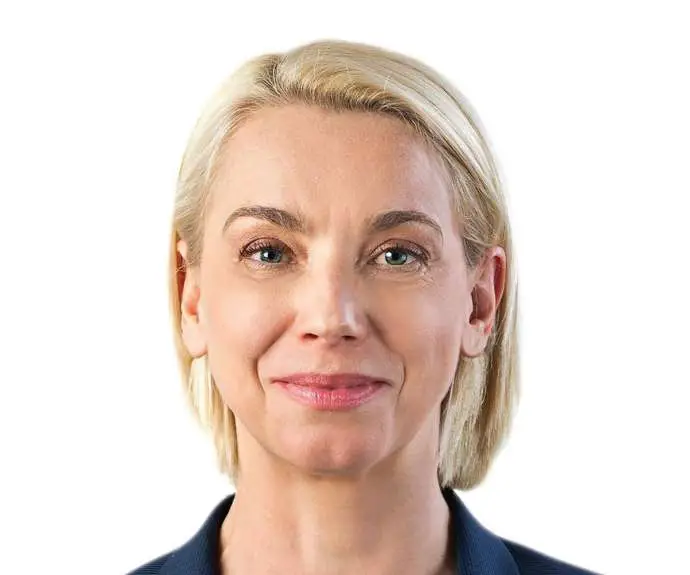STA, 19 December 2019 - Angelika Mlinar, a member of the Slovenian minority in Austria and a former MEP for Austria, has been appointed minister of development, strategic projects and European cohesion policy.
Mlinar was born on 29 June 1970 in the village of Altendorf in the south of the Austrian province of Carinthia.
She has a PhD in law from Salzburg University, having previously obtained her master's degree at American University in Washington.
She has worked for several NGOs, and also served at the European Commission Representation in Ljubljana from early 2000 to mid-2005.
She has been an active member of the Slovenian minority, but not a traditionalist one, she says.
Between May 2009 and June 2010, she was secretary general of the National Council of Carinthian Slovenians (NSKS), one of the two umbrella organisations of the Slovenian community in Austria.
Some of her statements in that capacity earned her a lawsuit from the right extremist organisation Heimatdienst, while a few years ago she said she had not been very popular among politicians because of her criticism of the attitude of the Slovenian state to the minority in Carinthia.
Mlinar became known in Slovenia in the autumn of 2013, when she was elected to the Austrian parliament as the first female member of the Slovenian minority. She represented the liberal party Neos, which she co-founded, until June 2014, when she went on to became MEP.
As MEP she advocated a more cohesive and stronger Europe, and promoted human rights and women's rights. She also worked extensively with refugees.
In November 2014, she was elected a vice-president of ALDE.
But last spring she decided to quit as NEOS vice president, saying she was "too independent and too liberal for NEOS". She said she did have enough support within her party to stand in the 2019 European elections and even announced she would resign from active politics by the end of the parliamentary term.
But then she topped the ticket of the Alenka Bratušek Party (SAB) in Slovenia in the May EU elections. Although she performed well on preference votes, this did not suffice for her to become one of the eight Slovenian MEPs given the party's poor showing overall.
In the campaign, she spoke in favour of common European values and solutions, and called for more determination in the representation of Slovenia's interests within EU institutions. She was also critical of Austria's policy towards Slovenia.
As candidate for MEP she did not yet have Slovenian citizenship although she had residence in Slovenia, where she lived for 13 years.
And it was the citizenship that turned out to be the biggest obstacle to her appointment as minister without portfolio for development and cohesion policy.
She had requested Slovenian citizenship before asking for permission for dual citizenship from Austria. After Austria gave her the green light, Slovenia granted her Slovenian citizenship on grounds of national interest.
The right-wing opposition and conservatives in general have taken issue with the way she was granted citizenship and questioned her loyalty to Slovenia.
The situation escalated at her committee hearing, where she failed to secure support for the appointment amidst nationalist criticism that some critics say undermined relations with the entire Slovenian ethnic community in Austria.
As minister she plans to focus on improving the efficiency of EU funding. She highlighted R&D, information and communication technologies, competitiveness and regional development as the key areas Slovenia needed to invest the just over EUR 3 billion in cohesion policy funds it is entitled to in the current multiannual financial framework.






